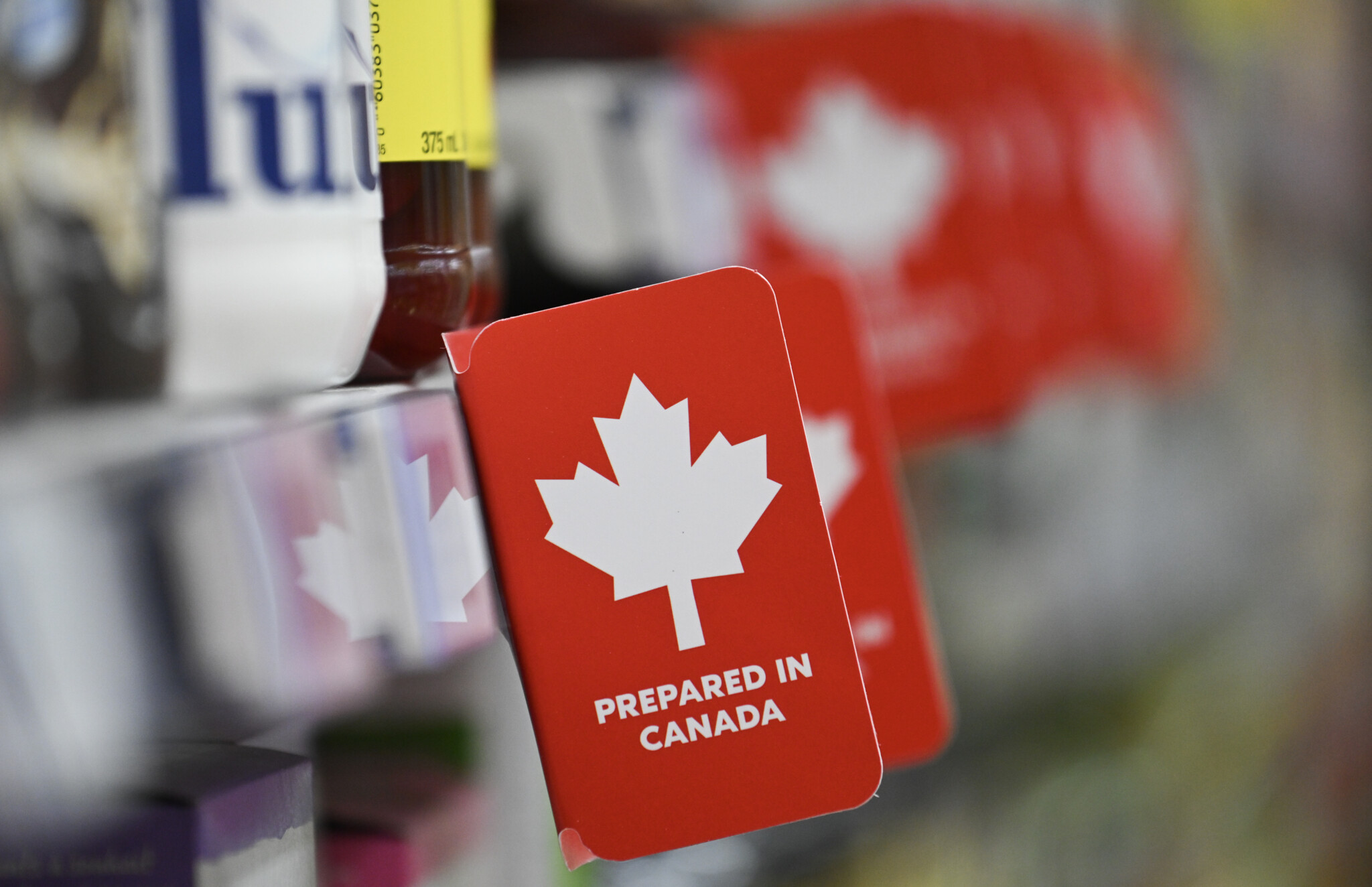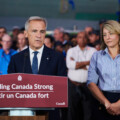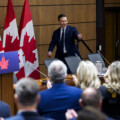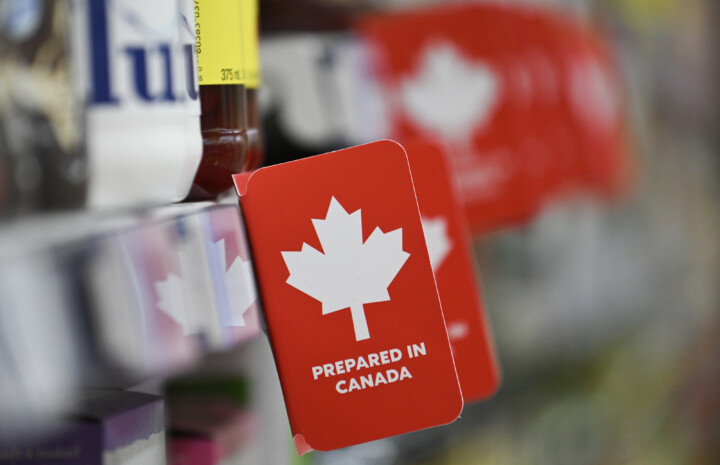Sean Speer, The Hub’s co-founder and editor-at-large, spoke at The Walrus Talks Sovereign Canada in Toronto on October 28, 2025, on the dangers of economic nationalism. His remarks, which can be watched here, are printed below.
Good evening. My name is Sean Speer, and I belong to a binational household. My oldest was born in the Ottawa area. My youngest is an American citizen. And so, as you can imagine, things got a bit intense during the 4 Nations Face-Off earlier this year.
I’m going to talk tonight about two recent historical anniversaries in order to engage with tonight’s question of sovereignty and my own topic of economic nationalism.
The first—50 years ago, late last month—was the failure of an effort to create an automaker in the province of New Brunswick. Some people here might remember the Bricklin. The Bricklin was—well, the Bricklin didn’t ultimately succeed. It failed.
It was a quixotic effort between the Hadfield government of the day and an eccentric, idiosyncratic American millionaire to establish an auto company in the province.
The Bricklin had sleek gull-wing doors. It looked a lot like the DeLorean, for those who don’t remember it. It lasted for about 12 months. There were roughly 3,000 cars that came off the production line. Today, it’s an interest of collector curiosity, but not a durable, sustainable part of the New Brunswick economy.
And I think we need to understand the Bricklin, in a way, as a metaphor for this broader conversation that we’re having today about economic nationalism.
It’s important to note that the Bricklin comes from a particular moment in our history that has a lot of similarities to the one we’re facing. In the late 1960s and early 1970s, we were marked by a wave of Canadian economic nationalism. The Centennial, of course, had sparked a new pride and a lot of patriotism in the country. The Vietnam War and the Nixon administration’s protectionism created distance from the United States. Many were worried that American business and culture were swallowing us whole.
So Ottawa and the provinces decided that sovereignty required economic independence, and the government would do what was necessary in order to create and protect Canadian industry and technologies. We subsidized domestic industry. We tried to insulate ourselves from global markets. People would be familiar with things like Petro Canada, the Foreign Investment Review Act, the expansion of the CANCON regulations, and so on. We were in an era of economic nationalism.
I think it’s fair to say, in hindsight, it was a mostly unsuccessful project. It contributed to the stagflation of the 1970s. It was inefficient and distortionary. It left us poorer and less dynamic.
Does Canada's past experience with economic nationalism offer lessons for today's 'resilience' debates?
How did the Macdonald Commission's findings shift Canada's economic approach?
Is the current rise of economic nationalism in Canada a progressive or conservative trend?










Comments (0)